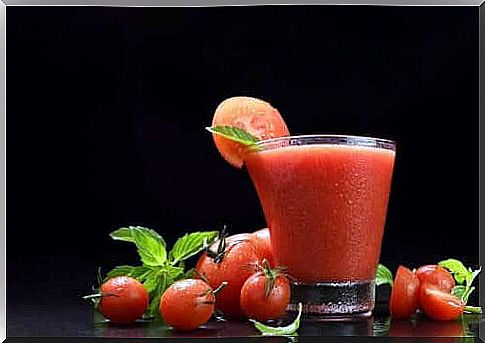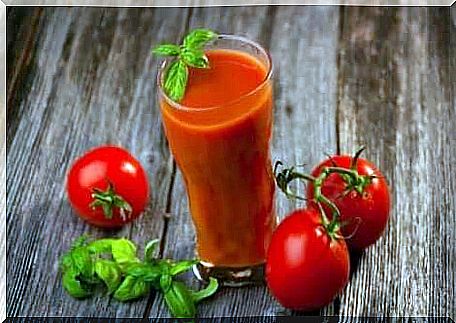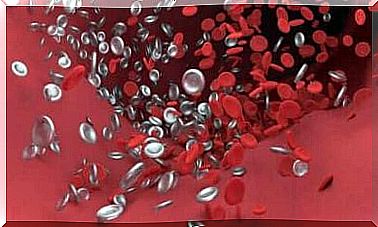Advantages And Disadvantages Of Tomato Juice

Tomato juice is a popular drink that is rich in a variety of vitamins, minerals and antioxidants. It is especially high in lycopene, a powerful antioxidant with amazing health benefits. In this article, we will take a closer look at the pros and cons of tomato juice.
Properties of tomato juice

Tomatoes are usually recommended in weight loss diets. Its main benefits are low calorie and diuretic effect, which can even activate metabolism to promote fat burning.
Nutritional value
Tomato juice is a popular beverage made from fresh tomatoes. Here is the nutritional value of tomato juice in 240 milliliters:
- Calories: 41
- Protein: 2 grams
- Fiber: 2 grams
- Vitamin A: 22% of the recommended daily allowance
- Vitamin C: 74% of the recommended daily allowance
- Vitamin K: 7% of the recommended daily allowance
- Vitamin B1: 8% of the recommended daily allowance
- Vitamin B3: 8% of the recommended daily allowance
- Vitamin B6: 13% of the recommended daily allowance
- Vitamin B9: 12% of the recommended daily allowance
- Magnesium: 7% of the recommended daily allowance
- Potassium: 16% of the recommended daily allowance
- Copper: 7% of the recommended daily intake
- Manganese: 9% of the recommended daily allowance
As you can see, tomato juice is very nutritious and contains many important vitamins and minerals. 240 grams of tomato juice meets almost all of your daily vitamin C needs and covers 22% of your vitamin A needs as carotenoids.
Benefits of tomato juice
Rich in antioxidants
Tomato juice is rich in powerful antioxidants such as lycopene, a carotenoid hydrocarbon combined with effective health benefits.
Lycopene protects cells from the harm of free radicals, thus reducing oxidative processes in the cells. Many studies have shown that drinking lycopene-containing tomato juice has health benefits.
Benefits of tomato juice against constipation

Constipation should not be taken lightly. If left untreated, it can become chronic and lead to serious health problems. A very simple way to combat constipation is to follow a diet that promotes the passage of waste through the intestines.
Drinking tomato juice for breakfast is a great way to combat constipation. Tomatoes are high in fiber and act as a mild laxative. Drinking tomato juice daily can therefore help solve this common problem.
Good properties for cardiovascular health
It is important to note that tomato is very good for heart health. It contains powerful antioxidants such as lycopene and beta-carotene, which help reduce the risk factors for these diseases, such as high blood pressure and high cholesterol or plaque build-up in the arteries (hardening of the arteries).
Benefits of tomato juice: helps boost the immune system
Tomato juice helps boost the immune system, which prevents and fights infections, flu and flu, among other things. Tomatoes are rich in vitamins C, A, B, D and K as well as antioxidants, potassium, calcium, phosphorus and iron.
Barriers to the use of tomato juice

Before you grab a glass of tomato juice every morning, there are a few things to keep in mind. Here are few:
- If you suffer from mouth ulcers, avoid tomatoes as they are acidic. Many patients undergoing chemotherapy suffer from a side effect of mucositis, which causes inflammation and ulcers. Acidic foods, such as tomatoes, can aggravate the pain caused by this ailment.
- For this reason, people with digestive problems should avoid eating tomatoes. So if you suffer from esophageal reflux disease, heartburn, stomach ulcers, or if you have had gastrointestinal surgery, it is best to avoid eating tomatoes.
- Due to the potassium content, tomatoes should also not be eaten by those who should limit their intake of this mineral. This is the case, for example , in patients with kidney or heart disease, insulin deficiency or metabolic acidosis.









